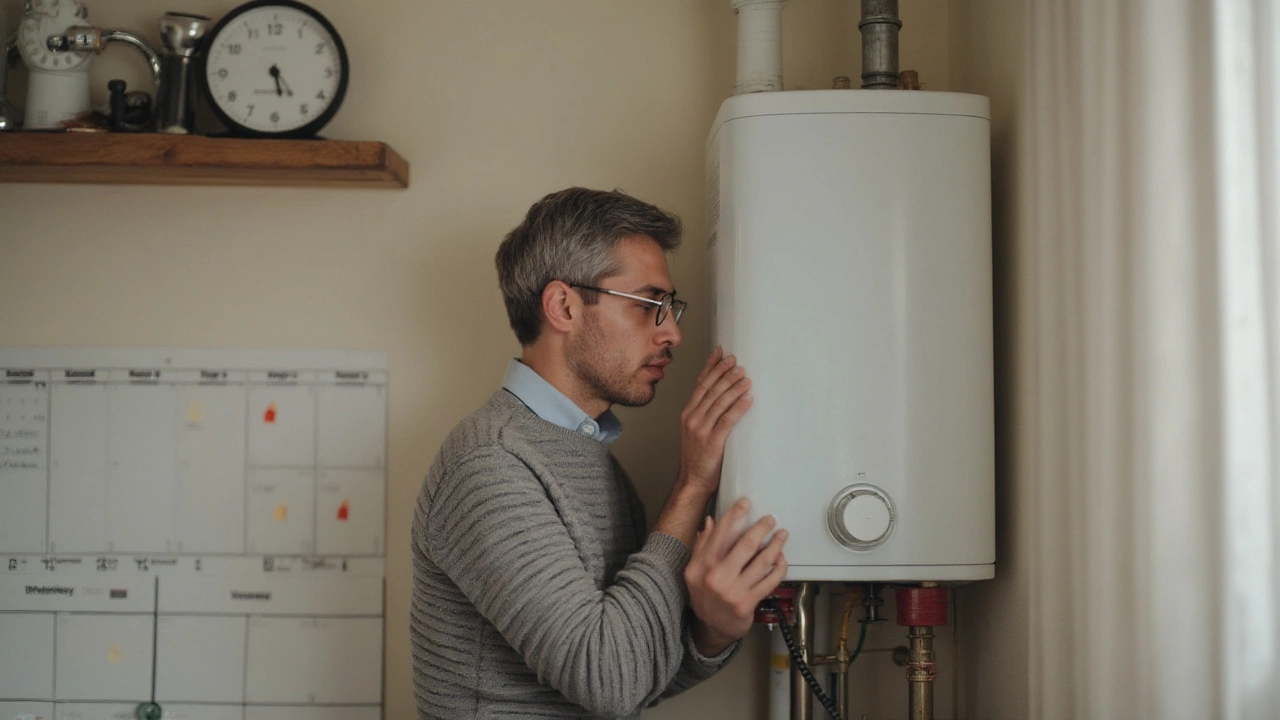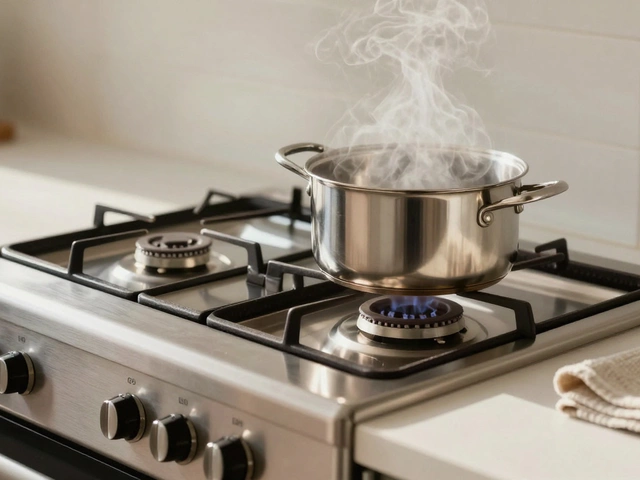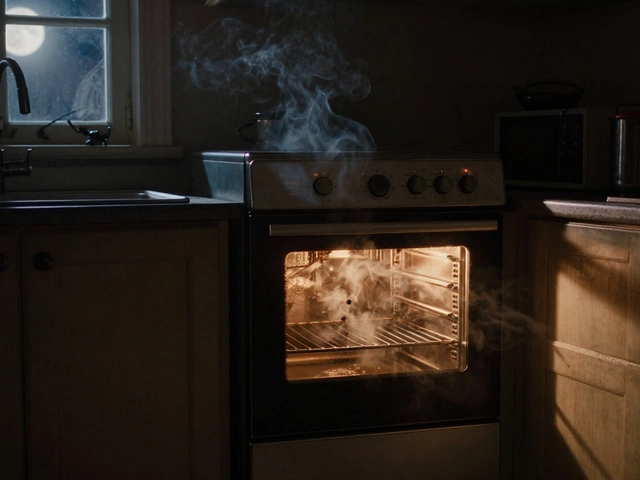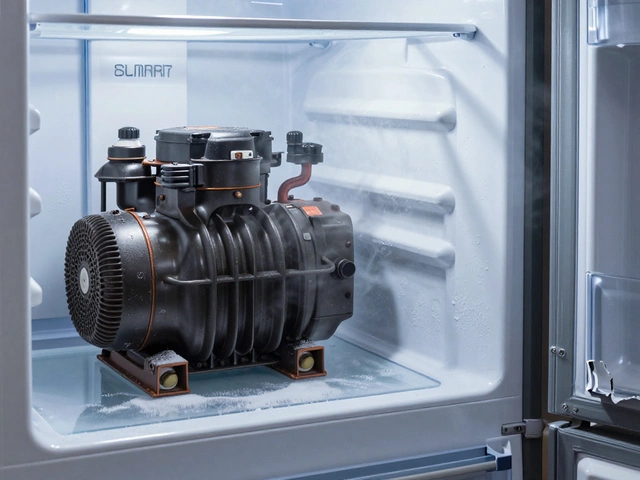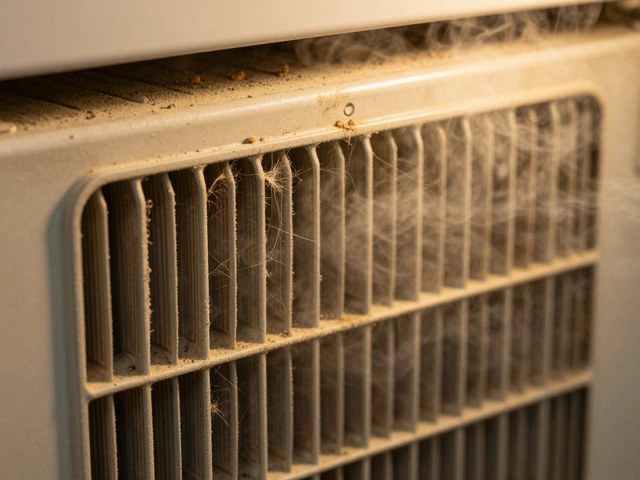Hot Water Issues: Fast Fixes and When to Call an Expert
Nothing ruins a morning like a shower that never gets hot. Most hot water problems are simple enough to tackle yourself, but a few signs mean it’s time to call in a pro. Below you’ll find the most common issues, quick troubleshooting steps, and maintenance tips to keep your water heater humming.
Common Hot Water Problems and Simple Fixes
No hot water at all – First check the power source. Electric heaters need a working breaker; gas units need the pilot lit. If the breaker has tripped, reset it and wait a few minutes. For gas, follow the manufacturer’s instructions to relight the pilot. If both power and pilot are fine, the thermostat may be set too low – crank it up a few degrees and test again.
Lukewarm or fluctuating temperature – Sediment buildup is the usual suspect. Over time, minerals settle at the bottom of the tank, insulating the heating element and causing uneven heating. A quick flush of the tank (turn off power/gas, attach a hose to the drain valve, and let the water run out) can restore performance. If the water stays tepid after a flush, the heating element might be failing and should be replaced.
Water heater keeps tripping the reset button – The reset button on the thermostat protects the unit from overheating. If it trips repeatedly, there’s likely a deeper electrical issue or a faulty high‑limit switch. Turn the heater off, let it cool for 30 minutes, then press the reset button firmly. If it trips again, stop using the heater and call a qualified technician – repeated resets can indicate a serious safety risk.
Strange noises – Rumbling, popping, or whining noises usually mean sediment is heating too fast and creating steam bubbles. A thorough tank flush usually quiets the heater. Persistent banging after a flush could point to a failing dip tube or a loose heating element, both of which need professional attention.
Leaks – Small drips around the pressure relief valve or at the bottom of the tank are red flags. A leaking valve often means excess pressure; replace the valve and check the temperature setting (120‑130°F is ideal). A tank leak typically means the inner lining has corroded, and the whole unit should be swapped out.
Maintenance Tips to Keep Your Heater Running
Regular care can add years to your water heater’s life. Set a reminder to flush the tank at least once a year, especially if you have hard water. While you’re at it, inspect the anode rod (the “sacrificial” metal that protects the tank) and replace it every 2‑3 years; a healthy anode stops corrosion in its tracks.
Check the temperature setting on the thermostat. Too high a setting not only wastes energy but also accelerates wear on components. Aim for around 120°F – it’s safe for skin and keeps the tank from overheating.
For gas heaters, clean the burner and ensure proper ventilation. A blocked vent can cause carbon monoxide buildup, which is dangerous. If you smell gas or notice soot around the heater, shut it off and call a specialist immediately.
Lastly, keep an eye on the age of your unit. Most water heaters last 8‑12 years. If yours is nearing that range and you’re already dealing with frequent repairs, weigh the cost of a new, more efficient model against ongoing fix‑ups. Modern tanks often have better insulation and higher energy‑factor ratings, which can save you money on utility bills.
Hot water issues don’t have to be a nightmare. With a quick power check, a simple tank flush, and regular maintenance, you can enjoy steady, hot showers for years. When the problem goes beyond a reset button or a noisy tank, don’t hesitate to reach out to a local repair service – a professional can diagnose hidden faults safely and get your hot water back on track fast.
Signs of a Faulty Hot Water Heater Element and How to Identify Them
- Alden Wilder
- Oct 31 2024
- 0 Comments
Understanding how to identify a bad hot water heater element can save you from unexpected cold showers and costly repair bills. This article delves into the common signs indicating a faulty element, such as inconsistent water temperature and increased energy bills. Learn simple methods to diagnose and test the element at home with basic tools. Regular maintenance tips are also provided to prolong the lifespan of your water heater and prevent future issues. Explore these practical insights to keep your water heater running efficiently.
View More